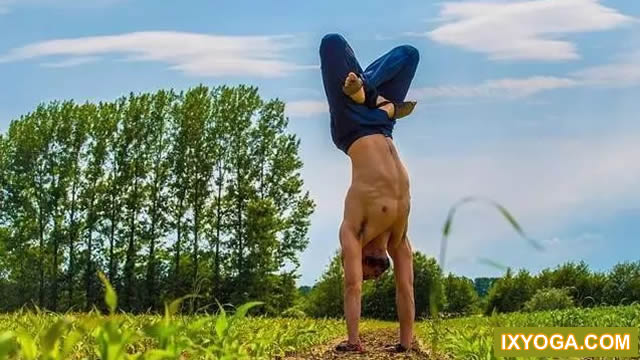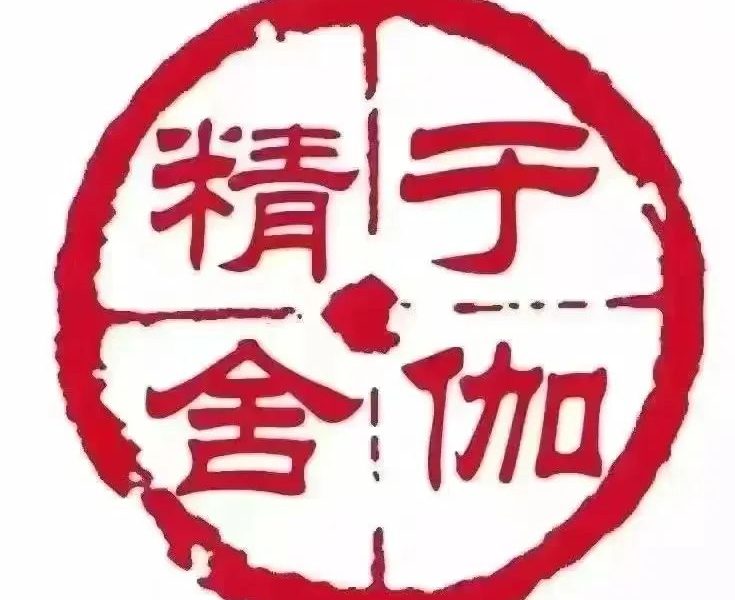Spring Festival paste “Fu” word, repose people’s yearning for a happy life, but also a wish for a better future
.
According to the folk saying: because “Chen” and “Chen” are homonymous, sweeping the dust in the new year has the meaning of “getting rid of the old and spreading the new”
.
I wish you good health, longevity and all the best
.
It is a way for people to say goodbye to the old and welcome the new and express their best wishes to each other
.
These are all happy memories of our childhood
.
Join us to start the new year of yoga
.
No one dared to disobey empress Ma’s will, so the word “Fu” was pasted on the door
.
This custom reposes people’s desire to be old and new and their prayer to leave the old and welcome the new
.
Among them, some families were illiterate and put the word “Fu” upside down
.
The emperor was so angry that he immediately ordered the imperial army to cut down the whole family
.
As soon as empress Ma saw that things were not good, she said to Zhu Yuanzhang, “the family knows that you are here today and intentionally put the word” Fu “upside down
.
Since then, the word “Fu” has been pasted upside down, one for good luck and the other for the memory of empress ma
.
The whole family gathered happily on New Year’s Eve, not only for the past years, but also for the coming new year
.
According to Lu’s spring and Autumn Annals, there was a custom of sweeping dust during the Yao, Shun and Yu dynasties
.
In order to eliminate this disaster, the kind queen Ma made all the families in the city paste a word “Fu” on their doors before dawn
.
The explanation of the word “Fu” is “Fu Qi” and “Fu Yun”
.
But whether it’s for fortune or interesting legends, these words all place the hope and vision of thousands of families for a better future
.
With the development of the times, new contents and forms have been added to the custom of new year’s greetings
.
Keeping the new year’s Eve is one of the most important activities, and the custom of keeping the new year’s Eve has a long history
.
slide
.
New year’s greeting is a traditional Chinese custom
.
After the elders are worshipped, they will distribute the “lucky money” prepared in advance to the younger generation, hoping that the children will be healthy, lucky and safe in the new year
.
Every family has to clean the environment, clean all kinds of utensils, remove and wash the bedding and curtains, sweep the courtyard of Liulu, brush the cobweb of dust and dirt, and dredge the open channel and underdrain when the Spring Festival comes
.
In Chinese traditional folk custom, there is a saying that the word “Fu” is pasted upside down
.
In ancient times, the original meaning of the word “New Year’s greetings” was to celebrate the new year for the elderly, including kowtowing to the elderly, congratulating the elderly on their new year’s happiness, and greeting their life
.
But the same is the blessing of feelings
.
In fact, there is an interesting legend about tiedaofu
.
Its purpose is to sweep away all bad luck and bad luck
.
Everywhere is permeated with the joyful atmosphere of sanitation and clean welcome to the new year
.
Doesn’t that mean” Fu Dao “? As soon as the emperor heard that it was reasonable, he ordered people to be released, and a catastrophe was finally eliminated
.
The next day, the emperor sent people to the street to check, and found that every family had pasted the word “Fu”, and another family had pasted the word “Fu” upside down
.
It is said that Zhu Yuanzhang, the Taizu, used the word “Fu” as a secret sign to kill people
.
The homonym of “Dao” and “Dao” means “Fu Dao”
.
Every family can’t help sticking the word “Fu” on the Chinese New Year’s Eve
.
Click the blue word to pay attention to our Brahma yoga, let beauty become a habit, let nature become nature, listen to the feelings of the body, and return to the transcendent and peaceful Brahma yoga, Let life become an attitude
.
In recent years, regardless of the north and south, Spring Festival popular inverted Fu word
.
The earliest records can be found in the local records of ZhouChu in the Western Jin Dynasty: on New Year’s Eve, each person gives gifts to others, which is called “giving new year’s Day”; when wine and food are invited to each other, which is called “parting New Year’s Day”; when the elders and children get together to drink, which is called “sharing new year’s Day”; when everyone stays up all night, waiting for the dawn, which is called “keeping New Year’s Day”
.

